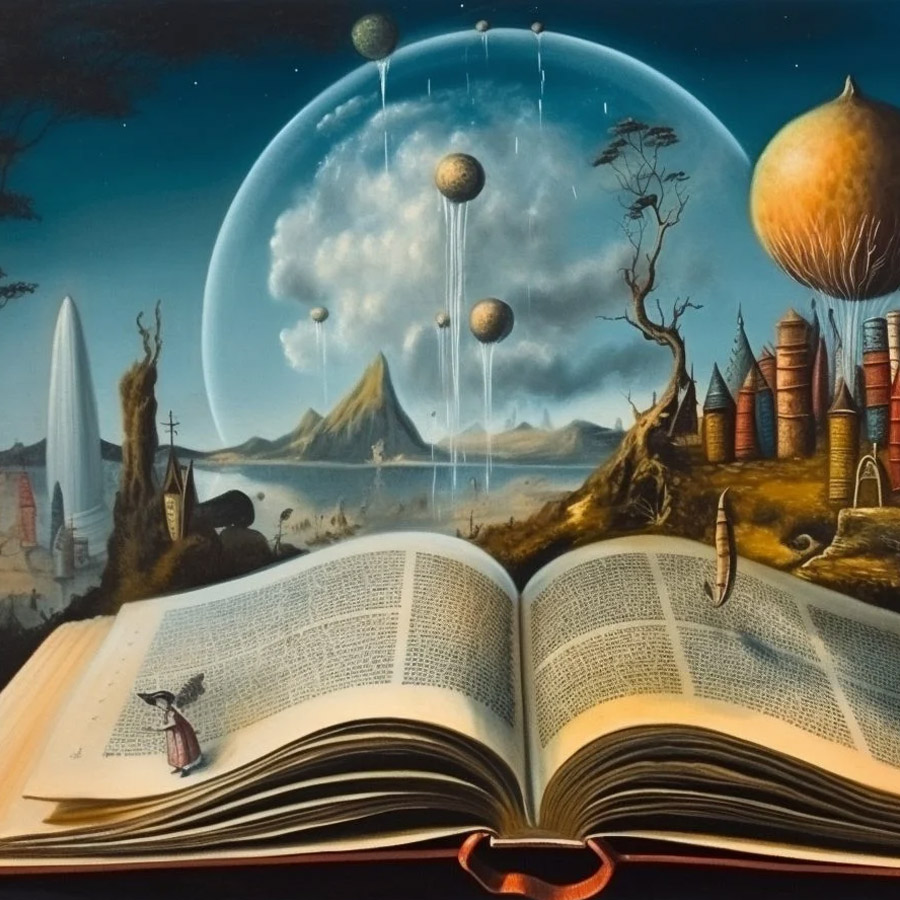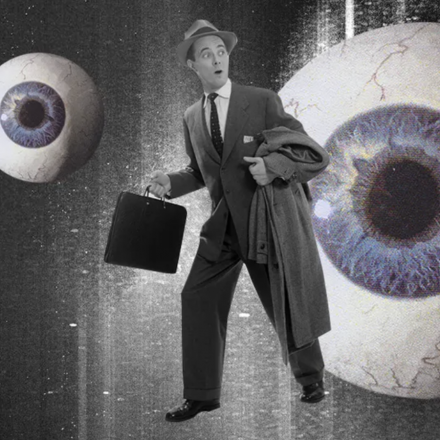In a world full of technology and scientific achievements, why do we still believe in magic, divination, and mystical signs? Maybe it's just a way to escape the dull reality. Or perhaps it's because people love crystal balls and predictions that sound much more intriguing than "I'll drink coffee and watch TV shows." In this article, we’ll explore why we are so fascinated by esotericism and what makes us believe that stars and chakras can change our destiny.
Myths and Reality: What Is Esotericism?
Esotericism is a term that conjures images of magical rituals and obscure symbols. In reality, it's a much more complex and layered concept. At its core, esotericism suggests that there is a hidden, deeper reality that can be grasped only through special knowledge and practices. So, if you thought esotericism was just pretty Instagram pictures with quotes about the universe, you’re not alone.
Why Do We Believe in Magic? The Science of Trust
First, let’s talk about why we want to believe in magic. Scientific studies show that people tend to believe in the supernatural when they feel insecure or face uncertainty. When life becomes challenging and we can't control events, believing in magic or esotericism becomes a form of psychological protection. It’s like choosing a guru who will explain why you met that charming person at the café – it helps us find meaning in random events.
Psychology of Believing in Miracles: From Ancient Times to Modernity
From ancient shamans to modern astrologers, belief in miracles and the supernatural has always been part of human nature. Psychologists explain that people naturally seek order and structure in the chaos of life. We want to believe that there is some hidden plan or design behind random events. This desire to find meaning in life leads us to believe in miracles and magic – and it helps us cope with difficulties.
Additionally, belief in miracles is often tied to the desire to feel special. When we believe that we are chosen by the stars or that we have a unique destiny, it gives us confidence and comfort. Who wouldn’t want to believe that their fate is unique and that everything happening has a deeper meaning?
Who Needs It and Why?
Esotericism is attractive to people who want to find answers to questions that cannot always be explained logically. It offers simple solutions to complex problems. Ultimately, if someone told you that your entire life is just a series of random events, you wouldn’t like it, right? We all want to know that there is some hidden meaning and that our efforts are not in vain. And this is where magic and esotericism come in, offering us hope and comfort.
The Economics of Belief: How Esotericism Makes Money
Esotericism is not just a hobby; it’s also a business. Magicians, astrologers, psychics, and fortune tellers know how to profit from our belief in magic. Education? Why bother when you can build a career on "reading auras" and "aligning chakras"? So if you think that all this magic cannot be profitable, think again. The world of esotericism has its "gurus" and "practitioners," and they certainly want to earn money too.
Why Do We Enjoy Being Mystics?
Sometimes being mystical is just fun. Who doesn’t like to indulge in a bit of fantasy and ponder how our actions might be predestined by the stars? We all strive for our lives to be special, and esotericism provides us with an easy way to touch that sense of uniqueness. If you happened to meet a beautiful woman at a café and decided it’s a sign from the universe, it’s not only romantic but also uplifting.
Esotericism and Self-Development: The Line Between Wisdom and Nonsense
Some aspects of esotericism can be useful for self-development. Meditation, for example, can help calm the mind and improve emotional well-being. But should we believe in every prediction and mystical ritual? Perhaps it’s better to use these practices as tools for self-discovery rather than as a guide to action.
In the end, belief in esotericism is part of human nature that helps us deal with uncertainty and search for meaning in life. It’s not always rational, but it’s part of what makes us human. And if sometimes you feel like you’re in a magical movie, don’t worry – maybe it’s just a way to add a bit of enchantment to your life. And who knows, maybe this belief is what allows us to create small miracles in our everyday world.


















